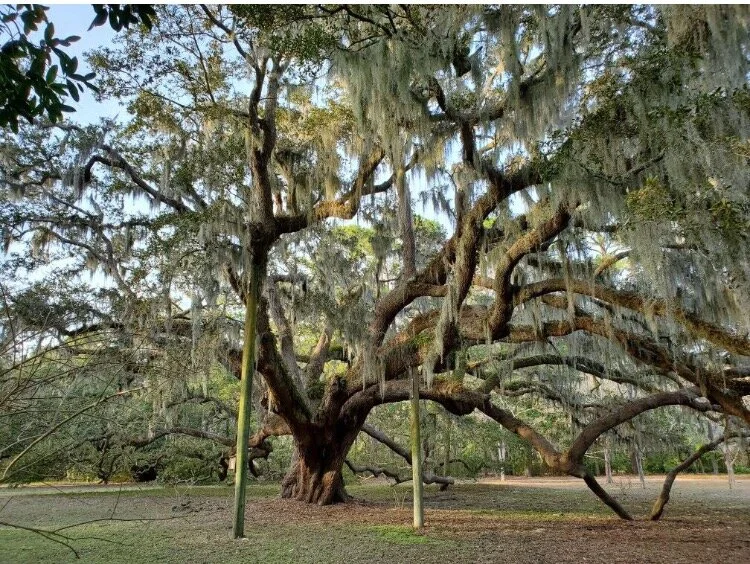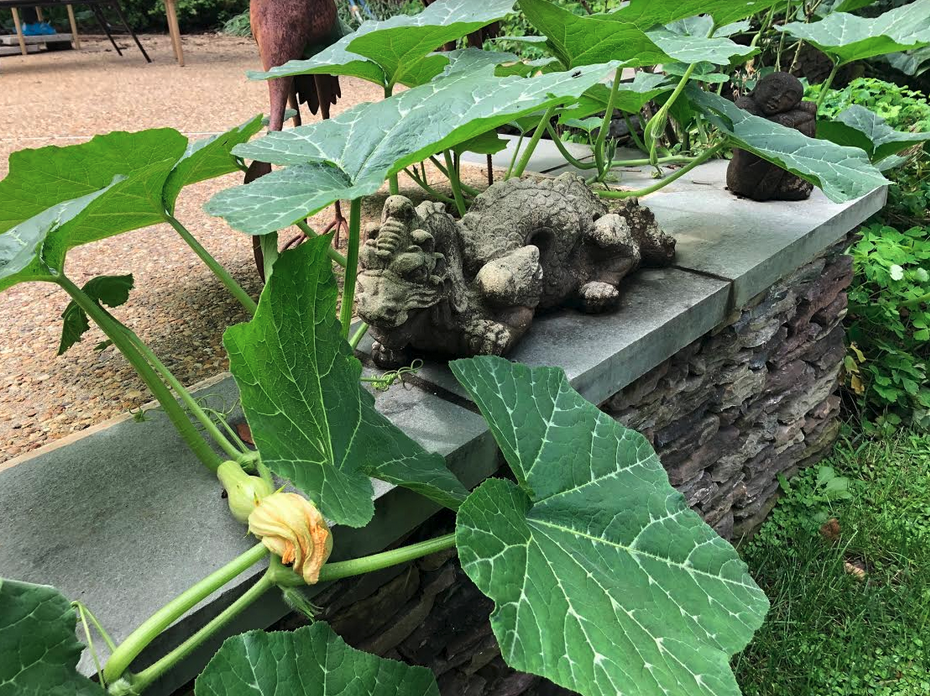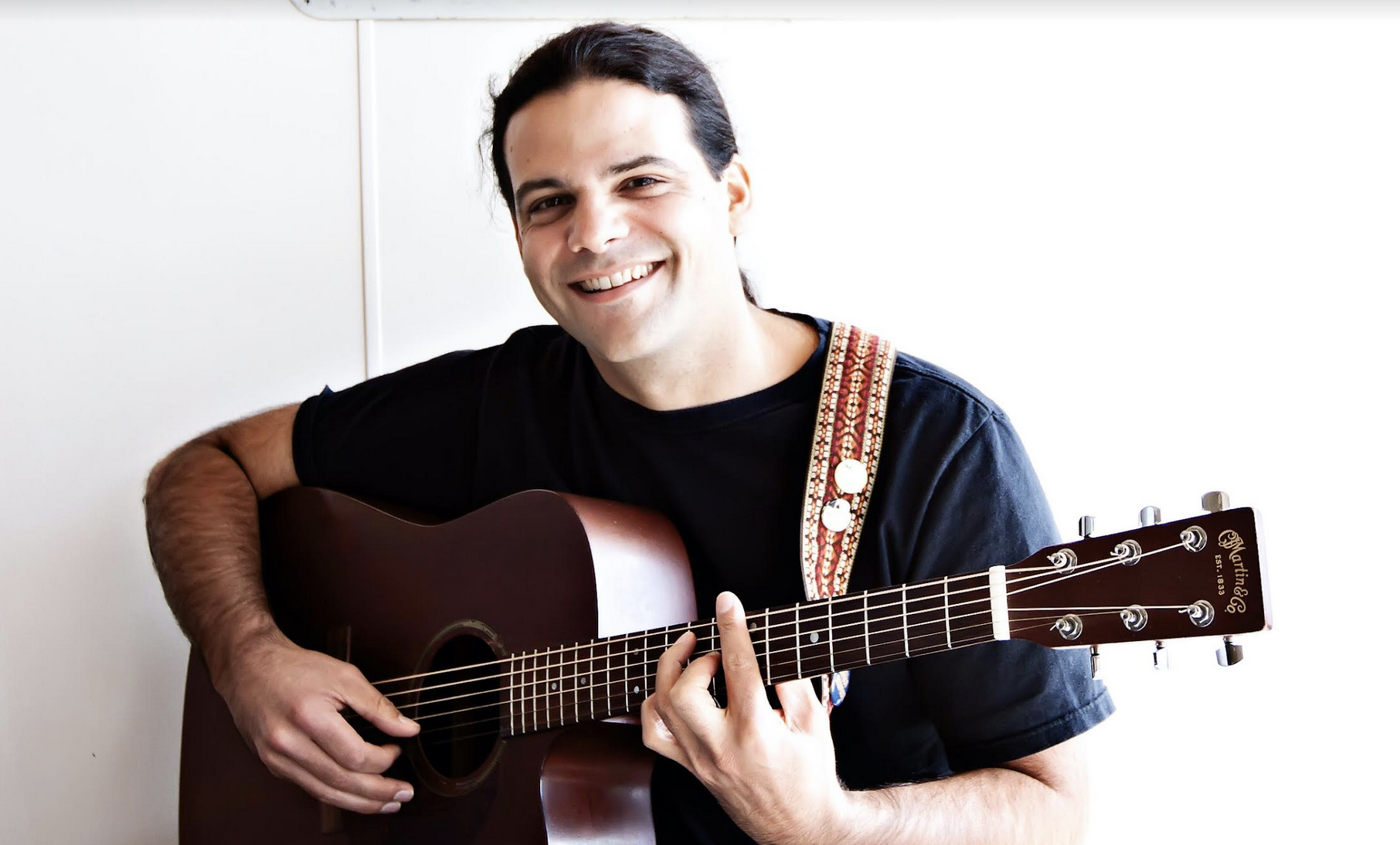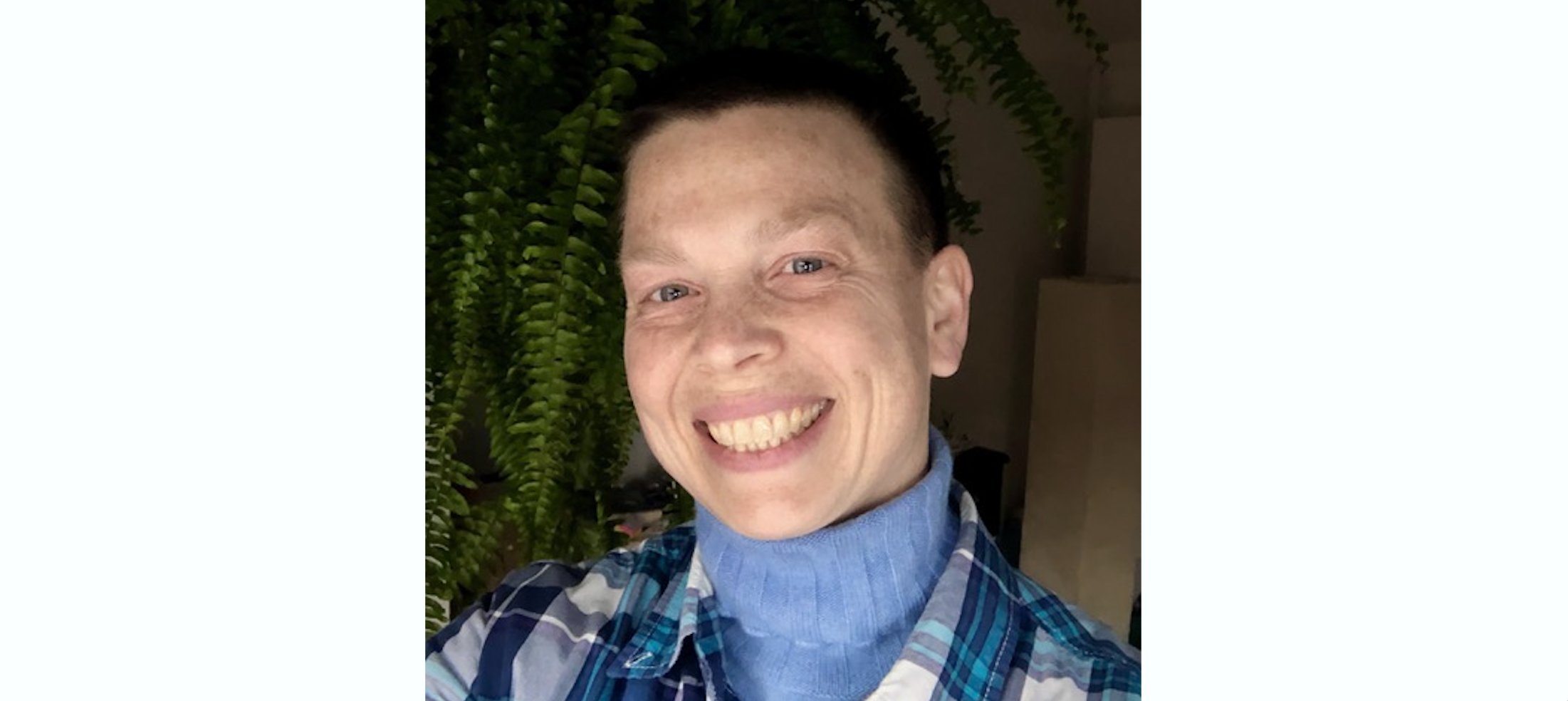Monday night we have the gift and opportunity to recite the Five Mindfulness Trainings together. We will explore more deeply the 4th training on Loving Speech & Compassionate Listening. Of the five trainings, this one gives me the most challenges, day after day, year after year. The current times are as deeply divided and as toxic as any we have witnessed. After last year, I didn’t think it could get worse. I was encouraged after listening to Thich Nhat Hanh/Thay’s short teaching on Loving Speech & Compassion. He shares a three day practice challenge aimed to expand our capacity to begin the healing process through deep listening.
I find I try to shield myself from taking in too much news, too often, as it seems to reinforce all the great divides and suffering in the world. And it spills over into all aspects of my life. I lack the patience to listen deeply to others, even those who are closest to me. I have to stop and remind myself that deep listening requires me to first be ‘mindful of compassion’. I am listening to try to help, to try to relieve the suffering of the person who stands in front of me or who may be on the phone. I have to push aside my other agendas and projects and focus on how I can help…

























